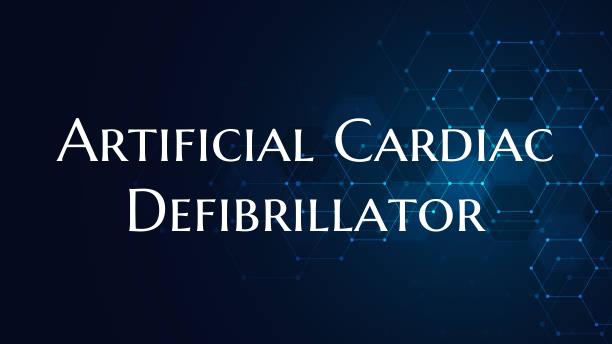
Artificial Cardiac Defibrillator
Artificial Cardiac Defibrillator: Saving Lives with Technology
An artificial cardiac defibrillator, also known as an implantable defibrillator, is a device that plays a crucial role in saving lives and managing heart conditions. This advanced technology serves as a lifesaver for individuals at risk of sudden cardiac arrest by monitoring and correcting dangerous heart rhythms.
How Does an Artificial Cardiac Defibrillator Work?
The artificial cardiac defibrillator continuously monitors the heart's rhythm for any irregularities. When it detects a life-threatening rapid heartbeat or chaotic rhythm, it delivers an electric shock to restore the heart's normal rhythm. This swift intervention can prevent sudden cardiac arrest and potentially fatal outcomes.
Who Benefits from an Artificial Cardiac Defibrillator?
Individuals who have survived a cardiac arrest, have a history of heart arrhythmias, or are at high risk of sudden cardiac death are primary candidates for an artificial cardiac defibrillator. It is also recommended for patients with certain structural heart diseases or genetic conditions that predispose them to abnormal heart rhythms.
The Impact of Artificial Cardiac Defibrillators
By providing immediate treatment in critical situations, artificial cardiac defibrillators significantly improve survival rates and enhance the quality of life for those at risk of sudden cardiac events. These devices offer a sense of security and peace of mind to patients and their loved ones, knowing that help is always at hand in case of an emergency.
Challenges and Advances in Artificial Cardiac Defibrillator Technology
Continuous research and technological advancements are enhancing the capabilities of artificial cardiac defibrillators, making them more effective and efficient. Challenges such as device longevity, battery life, and risk of inappropriate shocks are being addressed through innovative solutions to ensure optimal performance and patient safety.
Conclusion
The artificial cardiac defibrillator stands as a testament to the remarkable intersection of medical science and technology in the field of cardiology. With its ability to detect and correct life-threatening heart rhythms, this device serves as a vital tool in saving lives and mitigating the risks associated with cardiac events. Embracing advancements in artificial cardiac defibrillator technology paves the way for improved outcomes and better quality of life for individuals with heart conditions.